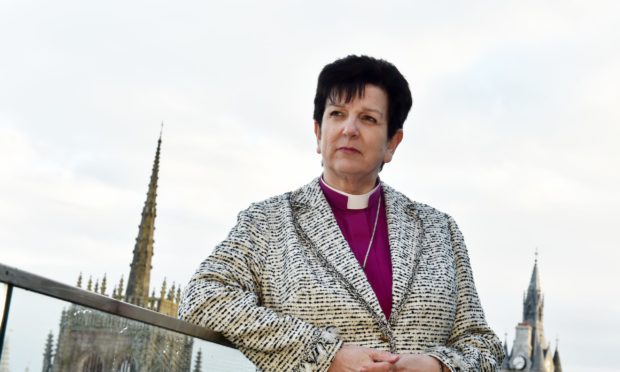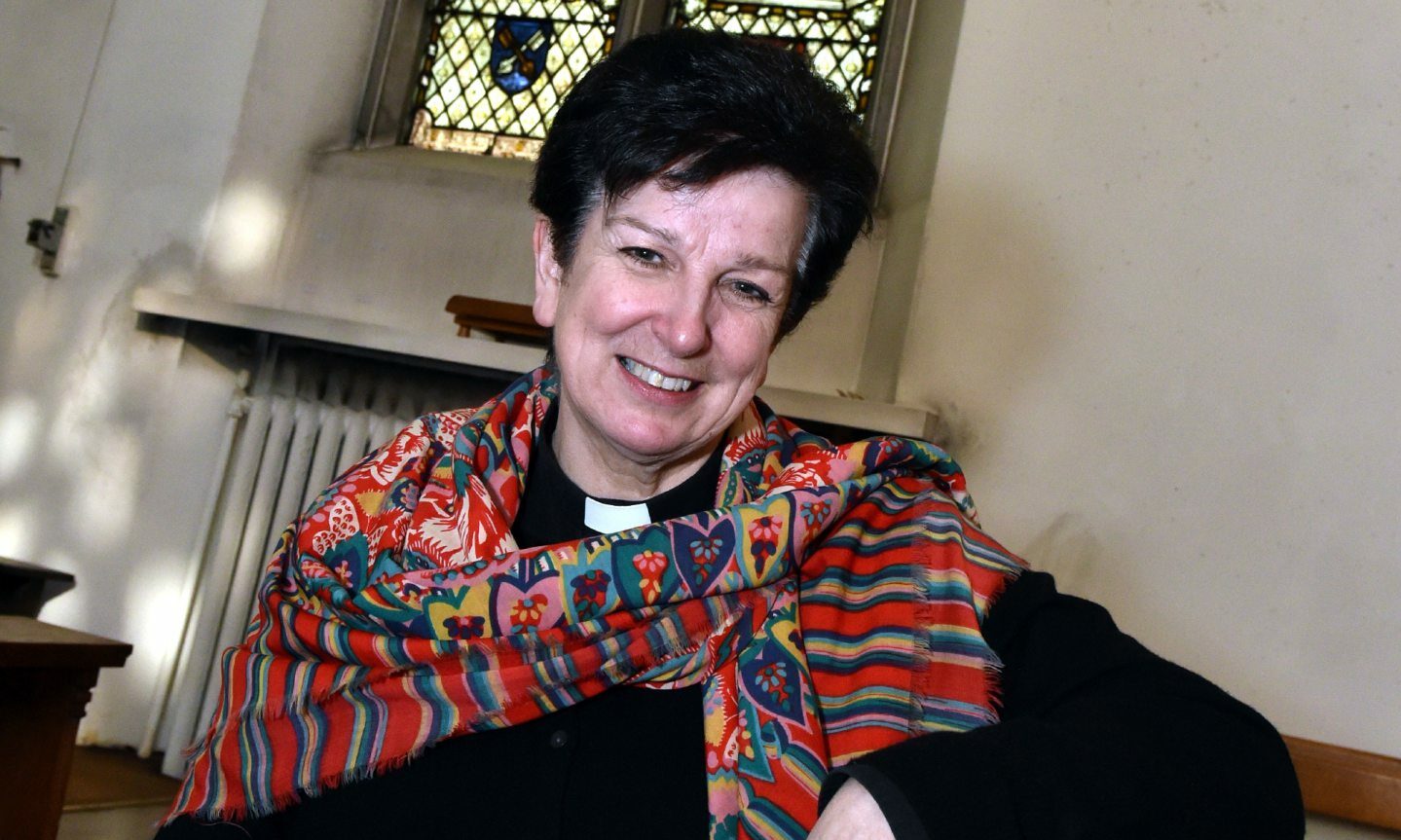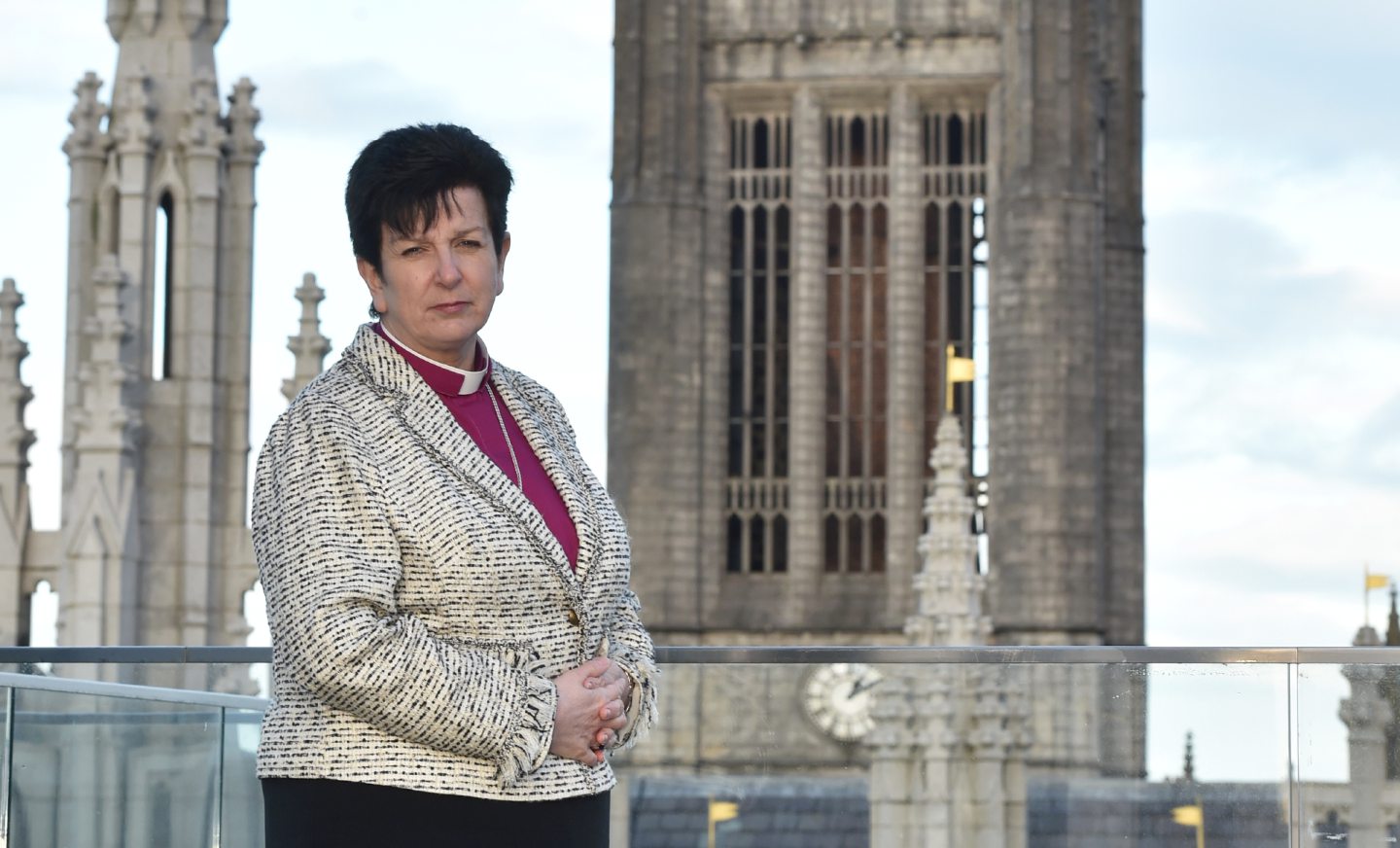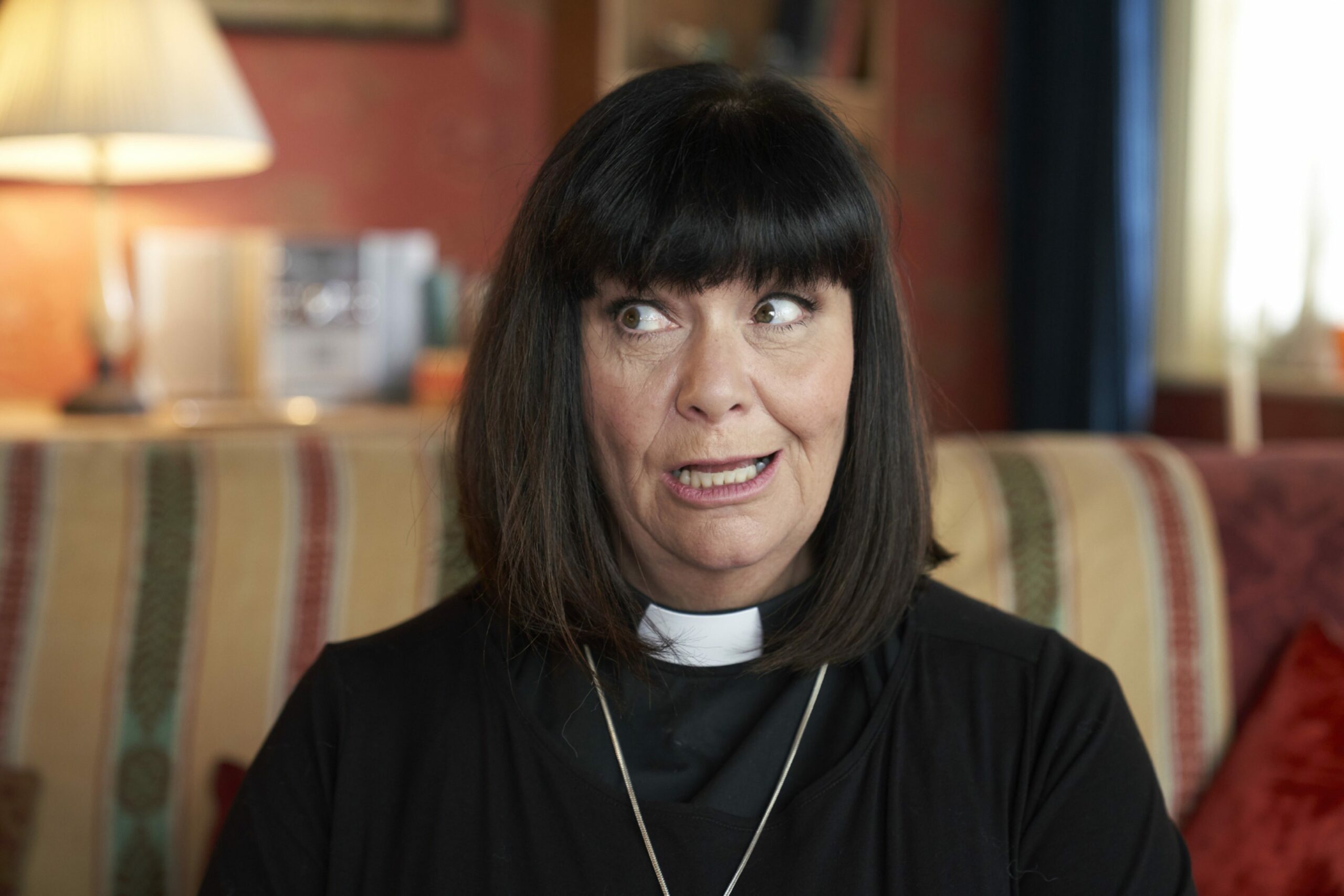There was precious little talk about all things bright and beautiful when the news emerged that the Rev Canon Anne Dyer had been appointed as the new Episcopalian Bishop of Aberdeen and Orkney in 2018.
The Yorkshire woman, who relocated from Haddington to Aberdeen four years ago at the age of 61, spoke of how she was dedicated to promoting tolerance, inclusivity and being the catalyst for a church with a clear social conscience; one which was more interested in providing care and compassion than sermons and scripture.
Yet, even before she had started her duties – in the spotlight as the first woman to be given the role in her church’s history – Dyer had sparked controversy, with a protest letter against her “divisive” selection raising concerns about the way in which she was chosen and whether her inability to drive might create problems in remote areas.
At that stage, when she gave an interview to the Press & Journal, there was little hint of her being dragged into turbulent waters against her will, although she made it clear she was prepared to speak frankly on social issues and women’s rights.
But, almost from the outset, she seems to have been involved in a series of tempestuous incidents, the latest of which led to her briefly being suspended from her role this week – only for that to be overturned on appeal, as accusations poured back and forth.
Along the way, there has been nothing divine about the serious allegations made by a number of clergy, lay members and church employees against her.
In March 2021, the College of Bishops commissioned Iain Torrance, a retired Church of Scotland minister, to lead an Independent Review into perceived “difficulties” throughout the diocese and, later that year, his report, which amassed evidence from more than 100 people, concluded there was a culture of bullying and “systemic dysfunction” and recommended that Dyer resign from her position.
These claims were disputed, but the negative headlines have kept on coming. On Wednesday, Dyer was suspended as bishop after the Scottish Episcopal Church announced they had received two complaints of bullying.
This action was implemented by the SEC to allow a disciplinary process to proceed, but on the same day, it was lifted after Dyer gave notice of an appeal against the decision.
Her original selection in 2017 sparked recriminations, due to her gender, her backing for same-sex marriage, and the fact she was not elected by the diocese itself.
Instead, Dyer was appointed by the house of Bishops after the diocese had failed to choose its own bishop. As a consequence, two senior clergy in the diocese resigned in protest, including Emsley Nimmo, the dean of the Diocese of Aberdeen and Orkney.
However, there were calls for unity and reconciliation when she was consecrated a bishop during a service at St Andrew’s Cathedral in Aberdeen on March 1 2018.
Dyer insisted that she envisaged no problems stepping into the role, despite being aware of the unrest which existed within sections of the church. But, even during our interview, it was obvious her radical opinions would not be an easy fit with many of the more traditional members of her congregations across the north east and the islands.
In terms of her backing for gay marriage, she said: “The Scottish Episcopal Church officially acknowledges that there is not one view on marriage within our church today.
“We hold differing views according to our consciences, but also after varied readings of the bible and prayer. Whatever view a person holds, they are welcome.
“It is the bishop’s role to try to hold diversity together, to enable those who disagree to find common cause and purpose, and see Christ present in every person. But I imagine this is one matter which people will have much to say to me in the years to come.”
She was head of East Lothian Foodbank
Dyer was also prepared to talk about her anger at the social deprivation which she had witnessed after relocating to Scotland and which she actively attempted to tackle.
She said: “I have just moved from East Lothian where I was a founding trustee and then the chairwoman of the East Lothian Foodbank. This came about because there were so many people turning up at my rectory door asking for help.
“It is shocking such provision is needed in Scotland in this day and age. I have also been committed to helping those suffering with poor mental health or disability issues and trying to improve the quality of life for many of the poorest people in our country.
“For me, prayer should lead us to action and to the practical sharing of the love of God where we live. A bishop has a special role to play in this regard, especially through advocacy, because she should be able to see the pattern of need and understand where larger systems of care are failing.”
It’s a long time since Dyer attended Bradford Girls Grammar School in the West Yorkshire city in the 1960s and studied Natural Sciences (Chemistry) at St Anne’s College at Oxford University. Thereafter, she worked for Unilver as a business systems analyst and, during that period of her life, joined the Church of England, attending her parish church, where she became a youth leader.
With a business background and social conscience, she might seem the right person to boldly lead the church into the future. But some claim she has “poor people skills” and can become impatient with those who disagree with her progressive views.
It has gradually developed into an unholy row, but Dyer isn’t inclined to walk away from a challenge. And she is immensely proud of her roots and of being a woman.
Having a good education was a ‘privilege’
She said: “I hope people will see me, first and foremost, as a committed Christian who wants to do the best in improving the lives of many.
“However, everything I do is shaped and informed by my life experience as a woman.
“I am a daughter, a sister, a wife and a mother (she is married to Roger and the couple have one daughter, Millie). I have been very well educated at a girls’ school and a women’s college at Oxford University and I see this as being a privilege.
“As a bishop, I will have things to say about the experience of women, especially relating to poverty, human safety and harassment.”
Yet, from the outset, there has been discontent with her tenure which has intensified during the Covid pandemic and the lockdown of churches throughout Scotland.
Is there any way to bridge the schism at this stage? Dyer responded to a question about not being able to drive with the words: “I really enjoy using public transport, especially for the opportunity this gives me to meet people from all kinds of backgrounds.
“So, if folk now see a woman in a purple clerical shirt on the bus, they should come up and say hello and tell me what matters to them.”
That might be enough in the land of Dibley and Dawn French.
But, in the real world, it increasingly appears there are irreconcilable difference between Dyer and her diocese.



